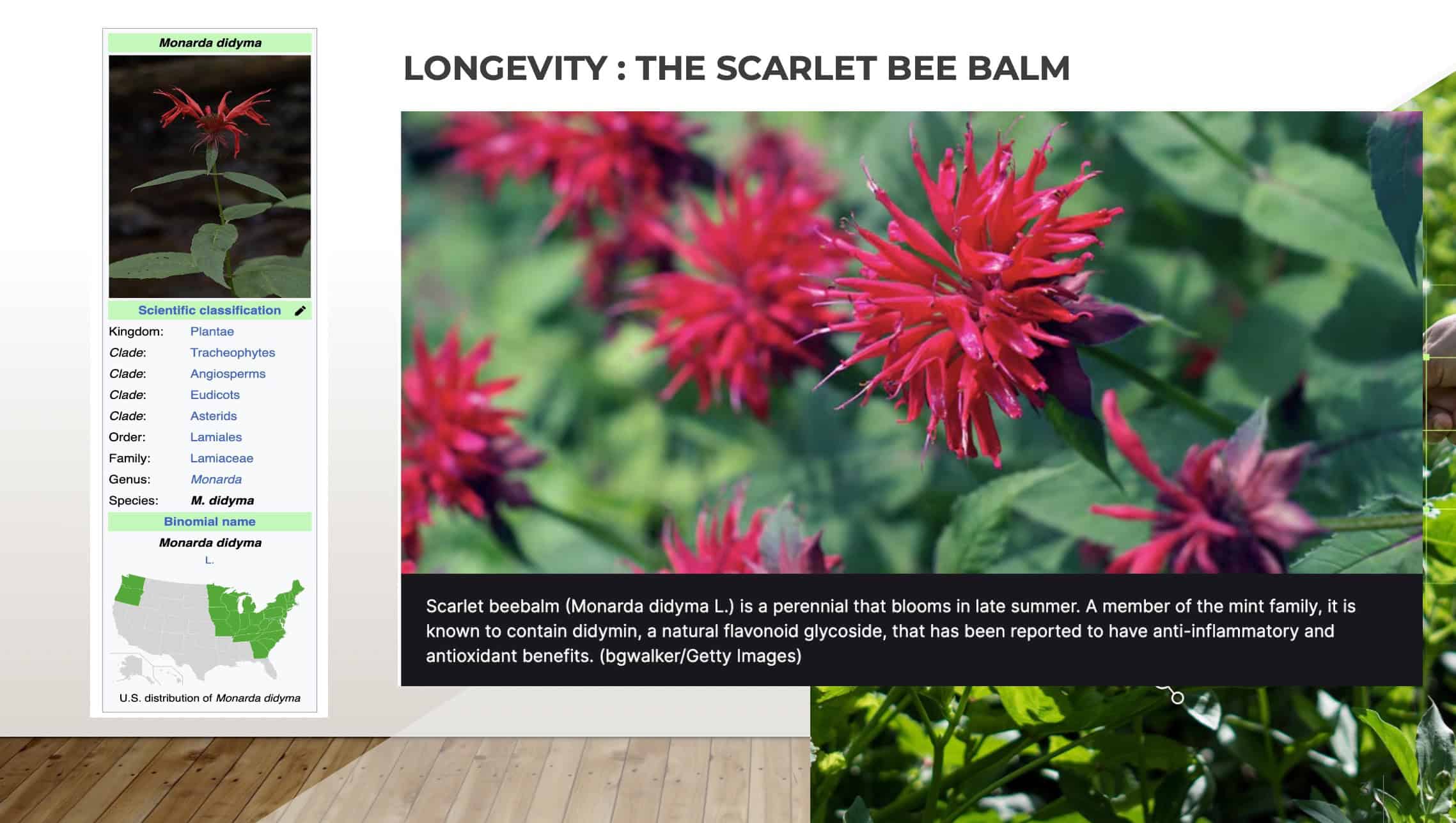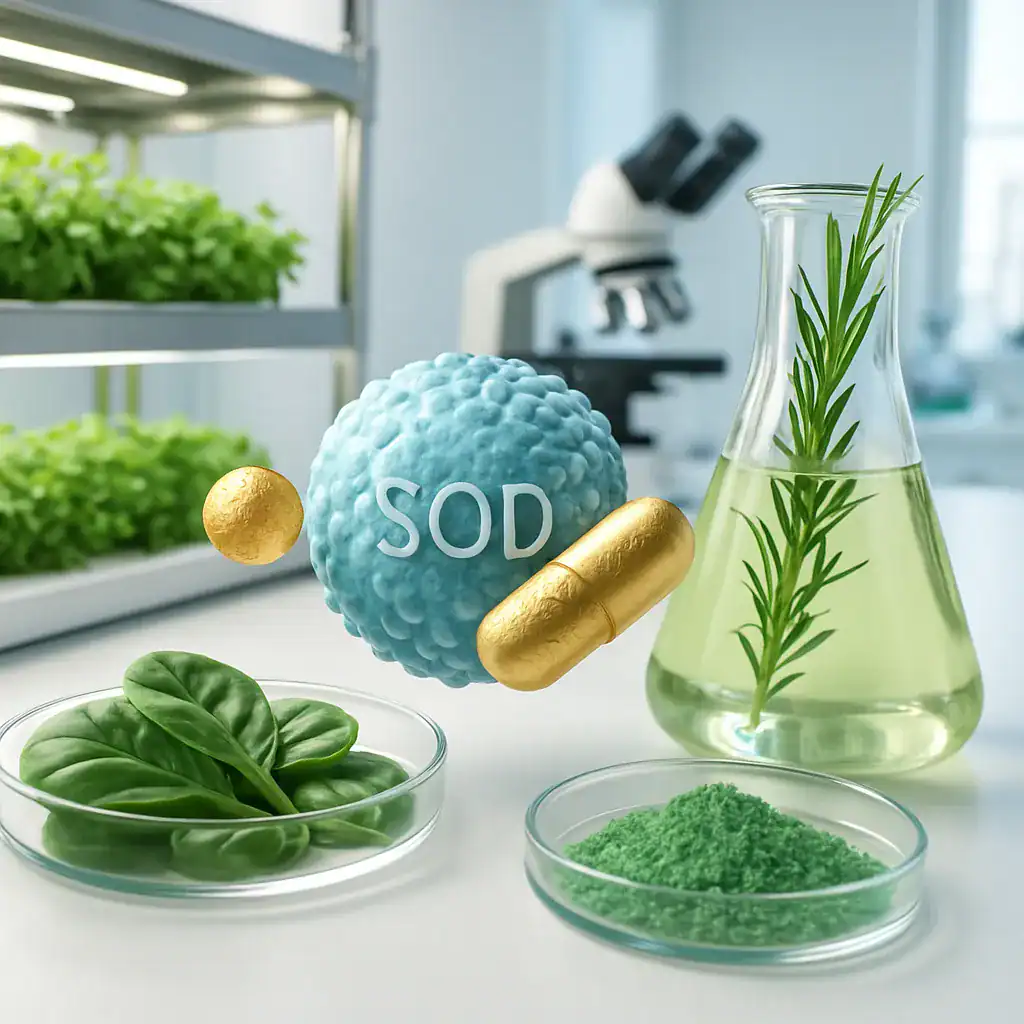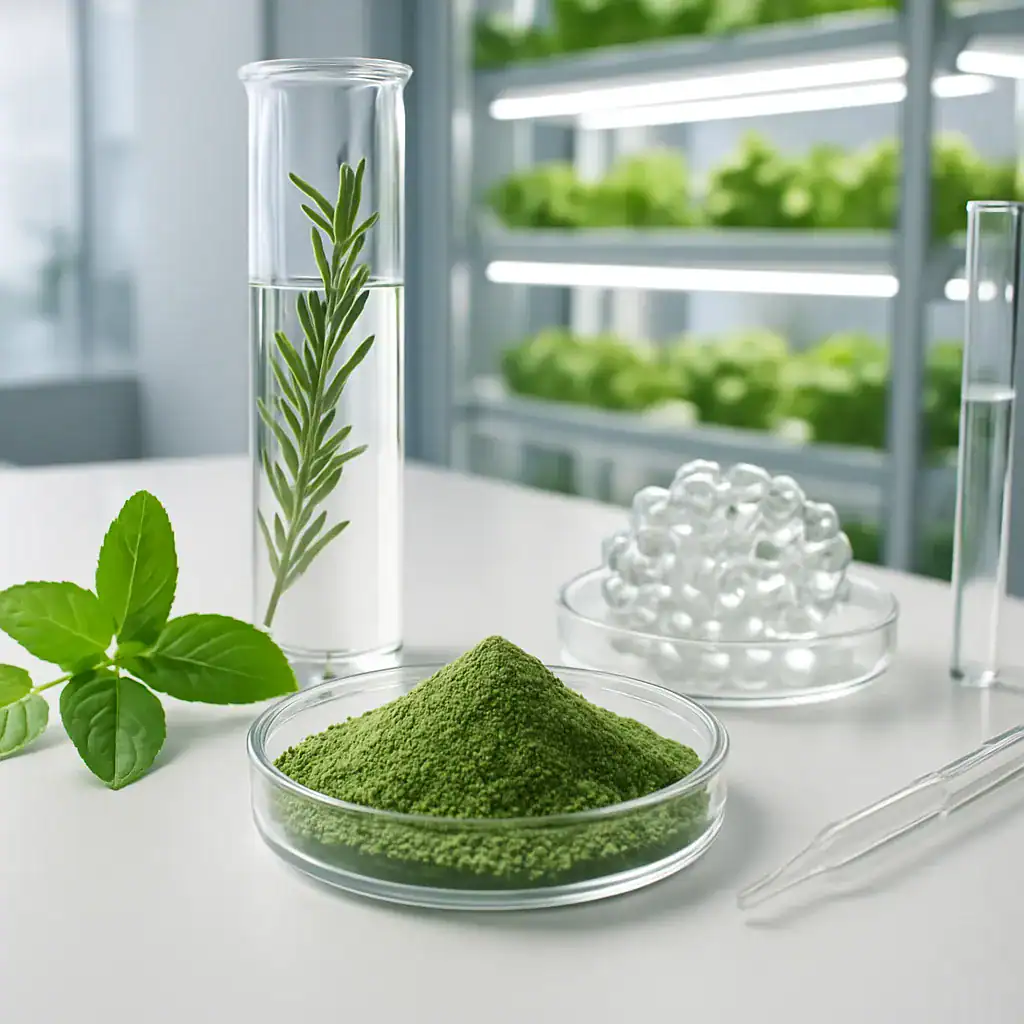Water Conservation in Herbal Farming: The Role of Vertical Agriculture
Soil Health and Sustainability: The Foundation of Nutritional Excellence
Soil health is more than just dirt beneath our feet—it’s the living foundation upon which all nutritional quality depends. You’ve likely noticed that organic produce sometimes tastes different from conventional options, but have you ever considered that this difference originates in the soil itself? That’s right, the complex ecosystem below ground directly influences the nutritional profile of everything we consume.
When you recommend supplements to clients struggling with nutritional deficiencies, you’re often addressing a problem that begins in depleted soils. But here’s something you might not have considered: modern agricultural practices have reduced the mineral content in crops by up to 40% compared to just 50 years ago. This silent nutritional crisis affects everyone, regardless of how carefully they plan their diets.
The Living Ecosystem Beneath Our Feet
Healthy soil isn’t just a growing medium—it’s a complex, living ecosystem teeming with billions of microorganisms. These microscopic allies work in harmony to create the perfect conditions for plants to thrive and develop their full nutritional potential. You know how probiotics support gut health? Soil functions in a remarkably similar way, with beneficial microbes breaking down organic matter into bioavailable nutrients that plants can absorb.
But have you ever wondered why some plant-based supplements seem more effective than others? The answer often lies in the soil where those plants were grown. When plants develop in nutrient-rich, biologically active soil, they produce higher levels of protective compounds—the very same bioactive substances that make nutraceuticals effective.
The Microbial Connection to Bioactive Compounds
The relationship between soil microbes and plant health directly impacts the potency of natural supplements. When plants grow in environments rich with beneficial fungi and bacteria, they develop stronger immune responses. This stress response triggers the production of powerful antioxidants and bioactive compounds—nature’s pharmacy at work.
You’ve probably seen clients respond differently to seemingly identical supplements. The secret difference might be in how the source plants were cultivated. Plants grown in healthy, living soil contain up to 60% more phytonutrients than those grown in depleted conditions. That’s clear evidence that soil health directly translates to human health outcomes.
Our Key Areas of Expertise

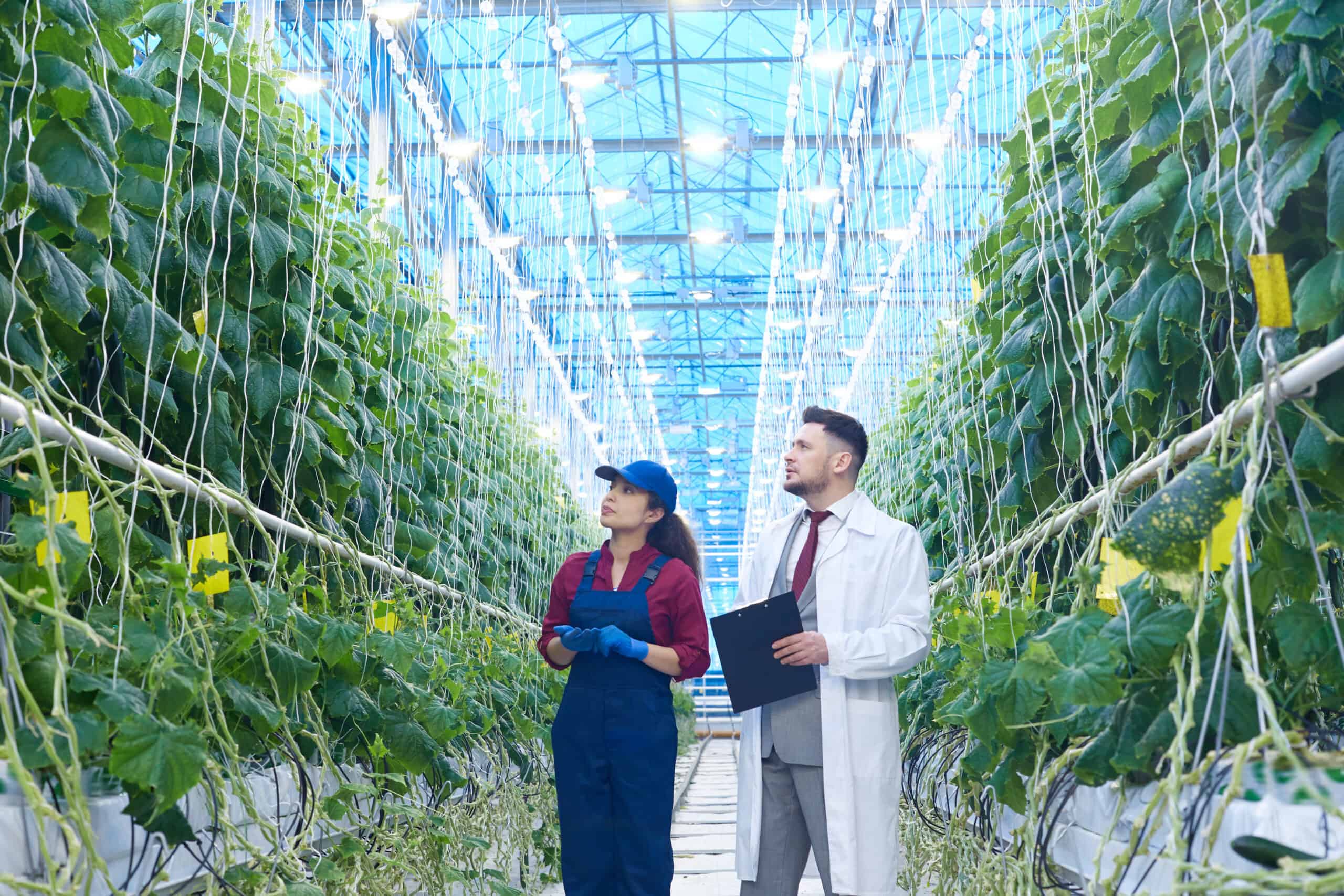

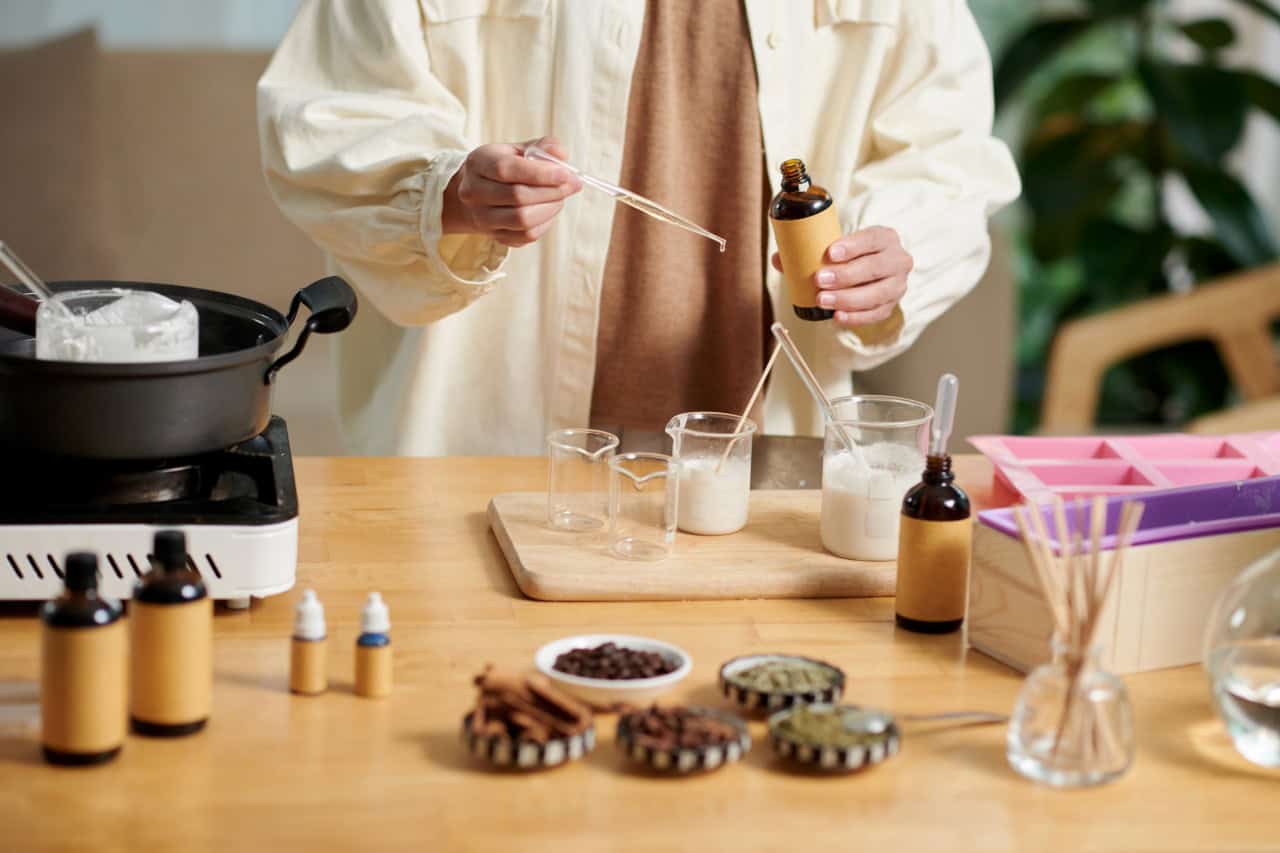
The Soil-Nutrition Connection: How Sustainable Agriculture Empowers Health Solutions
When you recommend supplements to your clients, the journey from soil to bottle is rarely considered, yet it fundamentally determines efficacy. Soil biodiversity directly influences the nutritional density of plants, which in turn affects the potency of nutraceuticals derived from them. This connection represents one of the most overlooked aspects of supplement quality in the industry today.
The relationship is straightforward but profound: plants grown in vibrant, living soil develop more robust phytochemical profiles as they respond to their environment. You might notice that organically grown herbs contain up to 50% more antioxidant compounds than conventionally grown alternatives. This isn’t coincidental—it’s the direct result of sustainable farming practices that prioritize soil health.
Vertical Farming: Revolutionizing Botanical Ingredient Quality
Vertical farming represents a paradigm shift in how we cultivate botanical ingredients for health applications. Unlike conventional agriculture that often depletes soil over time, vertical farming systems maintain optimal soil microbiology through precision management. The benefits for nutraceutical production are substantial:
- Controlled growing environments eliminate pesticide needs, resulting in cleaner botanical extracts
- Year-round cultivation regardless of climate or season ensures consistent supply chains
- Reduced water usage (up to 95% less) compared to conventional farming
- Significantly smaller land footprint allows production closer to manufacturing facilities
- Precise control over growing conditions optimizes bioactive compound development
PhNóva’s Vertical Farming Botanics division leverages these advantages to cultivate plants with exceptional phytochemical profiles. When you recommend products containing these ingredients, you’re providing solutions that begin with soil health management rather than merely addressing symptoms.
The Exosome Revolution: Soil Health at the Nano Level
The connection between soil health and nutraceutical efficacy extends to the cellular level through revolutionary nanodelivery systems. Plant-derived exosomes—natural nanocarriers found in plants—represent a fascinating bridge between soil health and supplement bioavailability.
Plants grown in biodiverse soils develop more sophisticated cellular communication systems, including more robust exosome production. These microscopic vesicles serve as nature’s delivery vehicles, protecting bioactive compounds from degradation and enhancing their absorption in the human body. The parallel to natural extraction processes is striking:
| Soil Health Factor | Impact on Plant Exosomes | Benefit to Nutraceutical Products |
|---|---|---|
| Microbial diversity | Enhanced exosome production | Improved ingredient stability |
| Balanced mineral content | Optimized vesicle composition | Better cellular targeting |
| Absence of pesticides | Purer exosome extraction | Reduced processing requirements |
| Organic matter content | Higher bioactive loading capacity | Enhanced supplement potency |
When soil health is prioritized from the beginning, the resulting plant materials contain naturally occurring delivery systems that significantly enhance bioavailability without requiring synthetic additives or extensive processing.
Superoxide Dismutase: Nature’s Antioxidant Response to Soil Stress
Perhaps no compound better illustrates the soil-supplement connection than Superoxide Dismutase (SOD). This powerful enzyme represents plants’ natural response to environmental stressors—including those present in healthy, dynamic soil ecosystems.
Plants cultivated in properly managed soils with appropriate levels of beneficial stress produce significantly higher amounts of SOD as a protective mechanism. This enzyme, critical for neutralizing oxidative stress in both plants and humans, demonstrates how soil health directly translates to nutraceutical potency.
The practical implications for your clients are substantial:
- SOD supplements derived from plants grown in healthy soils contain naturally higher enzyme concentrations
- The enzyme’s activity remains more stable through extraction when starting with superior plant material
- Complementary antioxidant compounds in the plant matrix enhance SOD’s effectiveness through synergistic mechanisms
- Environmental sustainability in cultivation ensures consistent year-over-year potency
Sensory Experience: How Soil Health Influences Palatability
The connection between soil and supplement extends beyond just nutritional content to affect sensory characteristics as well. Plants grown in mineral-rich, biologically active soils develop more complex flavor profiles, which directly impacts the formulation challenges for nutraceutical products.
Plants with optimal phytochemical development often contain higher concentrations of bitter compounds—a sign of their medicinal value but a challenge for consumer compliance. This is where soil-aware production connects with PhNóva’s Aroma Neutra technology. The need for masking agents in many supplements directly correlates with the concentration of beneficial compounds, which in turn reflects soil quality.
By understanding this connection, you can explain to clients why some premium supplements require taste-masking technology while less potent alternatives might not—the very bitterness often indicates higher concentrations of beneficial compounds resulting from superior soil management.
Regenerative Agriculture: Closing the Soil-Health-Product Circle
Forward-thinking companies now implement regenerative practices that go beyond sustainability to actively rebuild soil health. This approach creates a virtuous cycle where:
- Carbon sequestration in soil reduces the climate impact of ingredient production
- Improved soil structure enhances water retention and reduces erosion
- Increased biodiversity in soil microorganisms leads to more complete nutrient cycling
- Plants develop more complete phytochemical profiles in response to dynamic soil ecosystems
- Higher quality raw materials require less processing to create effective supplements
When you recommend products created through these systems, you’re supporting a complete cycle of health that begins in the soil and extends through the entire production chain to ultimately benefit your clients’ wellbeing.
R&D Consultancy
Discover how PhNóva’s R&D Consultancy can help transform your idea into a market-ready solution — with expert support in formulation, regulatory compliance, and innovative delivery systems to give your product a competitive edge.
FAQ's about Water Conservation in Herbal Farming: The Role of Vertical Agriculture
Get in Touch with PhNóva
Have questions or need expert guidance? Contact us today — our team is ready to assist you with tailored solutions for your formulations.

01/04/2025



